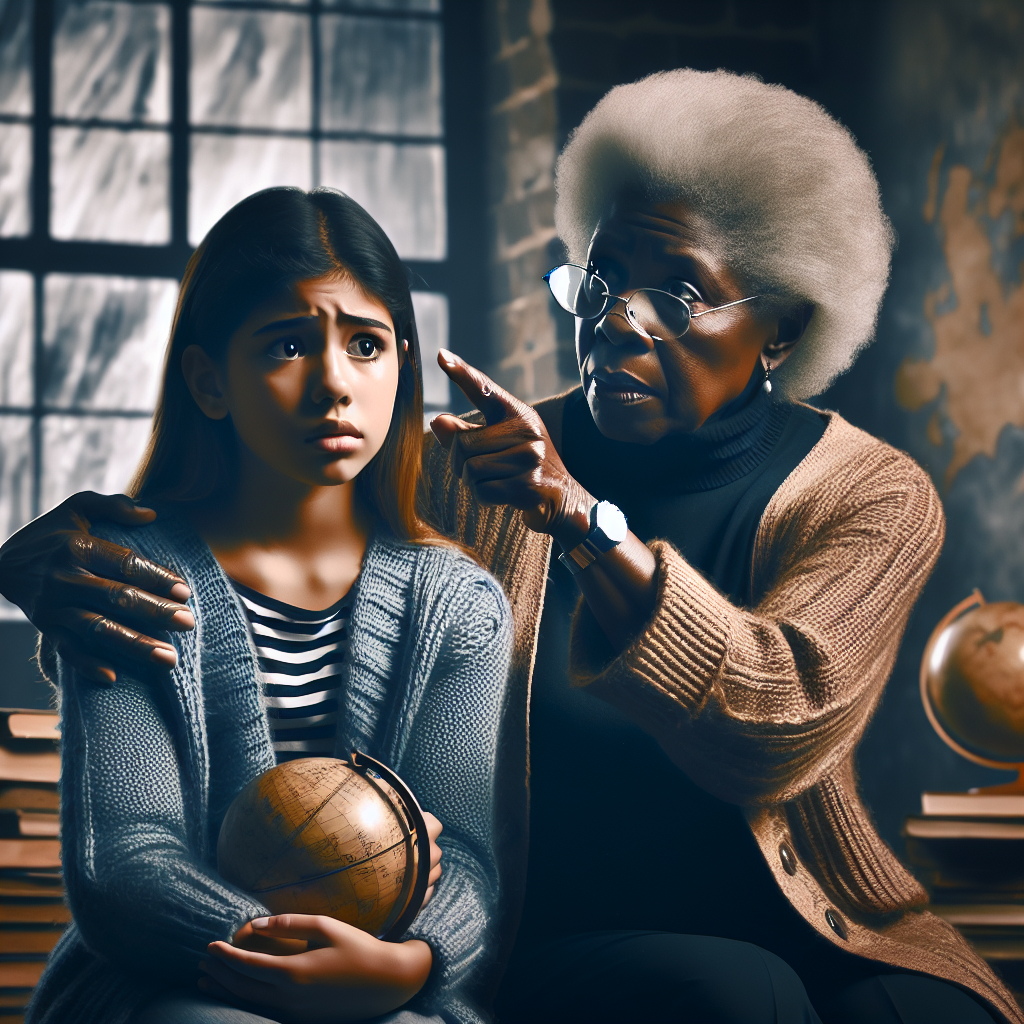Don't Be Afraid, My Mentor Is Here

Do you have a phobia of speaking in front of a group? I do. That's why I joined Toastmasters—to practice more and strive to overcome my fears. At a social event, I was fortunate enough to meet Ernest Chen and asked him to be my mentor. Thanks to his generosity in accepting me as a protégé, I am writing about this topic today.
Over time, my fear began to fade. My anxiety lessened, especially when speaking in front of a small group of friends. Then, last month, I met one of my mentor's students—a young girl who is just thirteen. She dreams of becoming a successful diplomat translator. Public speaking is crucial if you wish to succeed in an international setting. Her ambition impressed us all, and my mentor is here to help her realize her dream.
Achieving this dream will take a lot of practice and training. During our class, my mentor instructed her to give a two-minute speech. The topic could be anything—school, the Olympics, or the lesson of the day. Since there were only five of us, it seemed easy enough. But she froze, unable to utter the first sentence, especially under the pressure from her mother who was urging her to speak. The more she hesitated, the more anxious she became.
Finally, she broke down in tears. Ernest, my mentor, comforted her: "Don't be afraid; I'm here to help you. Just start with the first sentence; the rest will come. There's no right or wrong." Taking his advice to heart, she gathered her courage and delivered her speech, regaining her self-assurance in the process.
Will my mentor help her overcome her phobia quickly? Unlikely. Learning not to be afraid won't make your fear disappear overnight. It took my mentor years of practice and effort. The young girl didn't conquer her fear immediately, but she made progress. More importantly, she grows more confident each week.
Now, as someone about twenty years her senior, I too feel the pressure when it's my turn to speak. Yet I manage, especially in a small setting. I continue to apply what I've learned from my mentor. But even with extensive practice, the fear never completely goes away.
Last week, in my role as an engineering manager, I had a critical presentation in front of seventy people, including senior executives from a multinational corporation based in Singapore. Despite rehearsing diligently, my fear of public speaking persisted. My inner voice wavered, filled with doubts, until I recalled my mentor's words: "Don't be afraid; just start with the first sentence."
Although it was stressful, the presentation went well, impressing even the CEO of the client company. My public speaking skills seemed to have stood out among the other six presentations in that hour.
I'd like to extend my heartfelt thanks to Ernest Chen, a fantastic public speaking mentor. I know it will take me years to reach his level, but he has already taught me the first steps to overcoming my fear. Whenever I find myself giving a speech without my mentor present, I remember his reassuring words: "Don't be afraid; your mentor is here." This mantra has become my guiding light, boosting my confidence and helping me to communicate more freely.